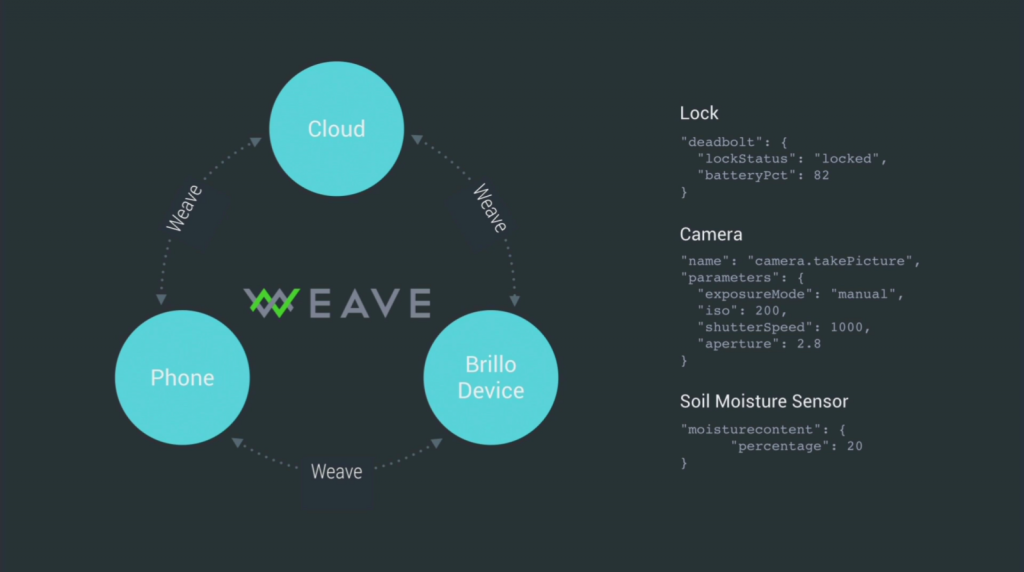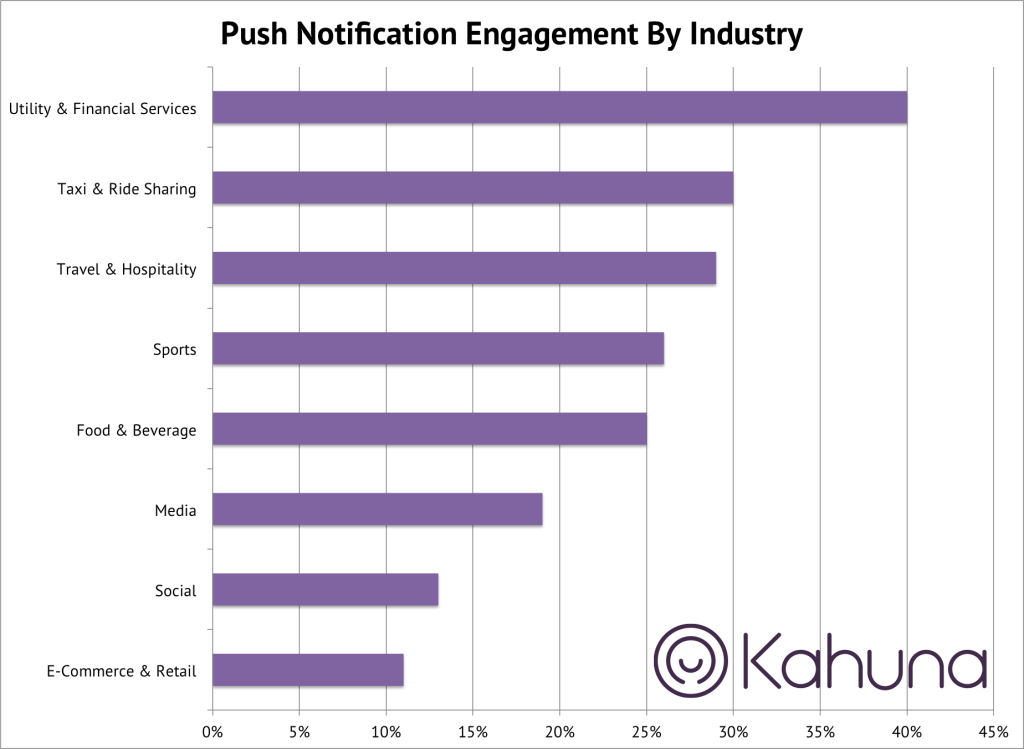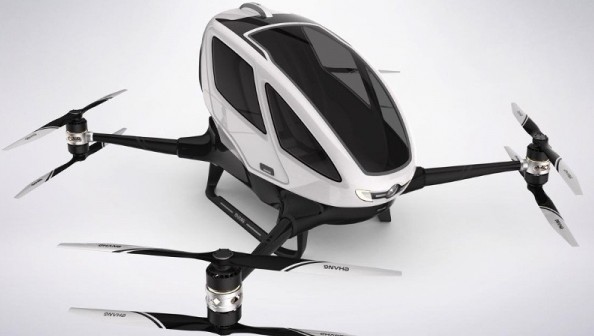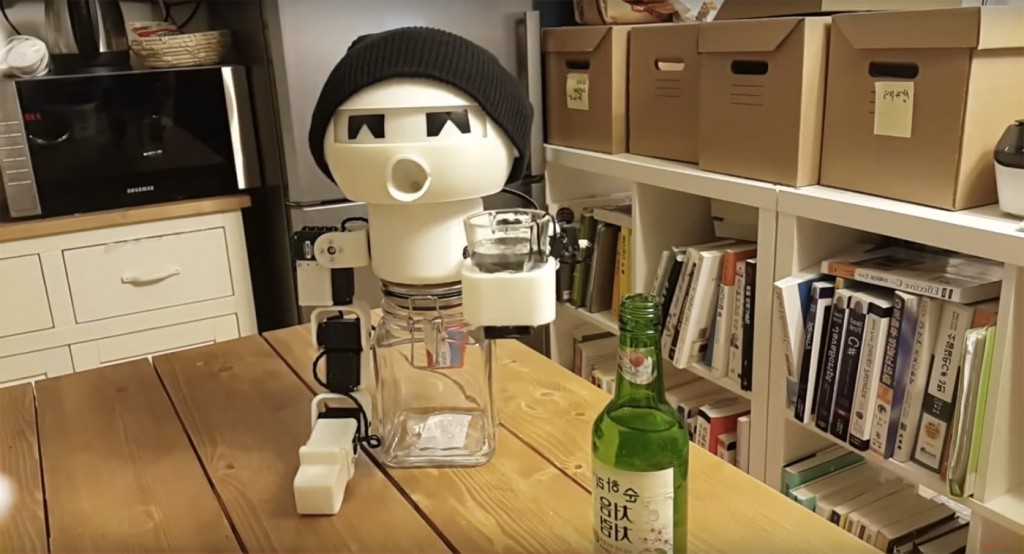Sections
Personal Digital Assistants
[avatar user=”malm” size=”small” align=”left” link=”file” /]
The New Year has started off in futuristic fashion with an announcement from Mark Zuckerberg that this year he intends to build his own Artificial Intelligence “butler”, a virtual digital assistant to help around the house:
I’m going to start by exploring what technology is already out there. Then I’ll start teaching it to understand my voice to control everything in our home—music, lights, temperature and so on. I’ll teach it to let friends in by looking at their faces when they ring the doorbell. I’ll teach it to let me know if anything is going on in Max’s room that I need to check on when I’m not with her.
Which led to inevitable comparisons to the Jarvis ‘iterface’ (sic) from the Age of Ultron:
It’ll be interesting to see how far he gets. It is going to be a significant challenge to individually pull the enablers together:
To put it mildly, this is going to require a lot of effort. There are whole companies dedicated to the sort of home automation Mark wants.
Presumably he’ll get a lot of help from the team at Facebook working on the Moneypenny (‘M’) digital assistant who are already well advanced down this road. In fact, reports emerged this week that suggest some of the features of M may be available via a Facebook Chat SDK. It could be that Zuckerberg ends up in part beta testing what is expected to end up being a core enabler for the future of his company:
Facebook has given some developers access to an unannounced Chat SDK that allows them to build interactive experiences and “bots” in Messenger for shopping, booking travel, and more, sources with direct knowledge of the SDK confirm. … The Chat SDK allows developers to create bots that users can send text messages to directly and that automatically respond with information, images, location services, product prices, Buy buttons, and more. The Chat SDK can also tap into Messenger built-in payments system to let users make purchases via bots.

The marriage of messaging and artificial intelligence going on behind the scenes to support this functionality is a topic that has been highlighted in the blog several times recently. Voice-based interfaces have long been a staple of sci-fi. It seems they are now, finally, an idea whose time has come. The wild popularity of chat messaging propositions globally together with advances in voice recognition and natural language processing (NLP) suggest human “digital assistance” is going to be a key area to watch in 2016 with Facebook and its CEO leading from the front. Initial versions will likely leverage bot features and retain some level of human offload at the backend (so-called HAAI). Eventually, however, human involvement could vanish resulting in pure AI assistants:
“As 2016 dawns, there’s a sense in Silicon Valley that the decades-old fantasy of a true digital assistant is due to roar back into the mainstream. If the trend in past years has been assistants powered by voice — Siri, Alexa, Cortana — in 2016 the focus is shifting to text. And if the bots come, as industry insiders are betting they will, there will be casualties: with artificial intelligence doing the searching for us, Google may see fewer queries. Our AI-powered assistants will manage more and more of our digital activities, eventually diminishing the importance of individual, siloed apps, and the app stores that sell them. Many websites could come to feel as outdated as GeoCities pages — and some companies might ditch them entirely. Nearly all of the information they provide can be fed into a bot and delivered via messaging apps.”
Manufacturers and Devices
- CES took place this week in Las Vegas. Much of the show analysis focussed on non-smartphone form factor innovation. CES 2015 last year was all about the diversity of Internet of Things product propositions. This year’s majored on Virtual Reality and Driverless Cars suggesting glimpses of a future foretold in the last century is now arriving. The Verge considered the sheer human hustle from a wide array of companies large and small underlying all this effort:
This is a down year for CES. Nothing groundbreaking happened here this time around. The world was not changed. But for most of the people here, world-changing gadgets aren’t even the point. It’s about hustling to get their products into our personal, smaller worlds and thereby enrich their own personal, smaller worlds. … Even though the technology isn’t inspiring this year, the humanity still is.
- Apple may be looking at premium wireless headphones for the iPhone7.
Google and Android
- Fascinating analysis of global trends in Android usage from data gathered globally by Celltick’s Start lock screen replacement. Among other interesting insights is this one highlighting a distinct skew in distribution of Android versions:

- Harman have been announced as Google’s first productisation partner for its IoT platform which covers hardware (Brillo) and cloud software (Weave):
Considering that HARMAN owns brands responsible for home and portable audio, automotive control units and audio it’ll be interesting to see what HARMAN and Google can come up with.
Apps and Services
- Andrew Chen on how “best apps know how to use push notifications to their advantage“:
- Popular password manager LastPass has had a major styling revamp. The new version 4.0 certainly looks nicer. The emergency access feature is useful but there’s a catch – your emergency contact also has to be a LastPass user.
https://youtu.be/VUBRgJ4-zgM
“Grindr is a very, very visual experience,” the app’s founder and chief executive, Joel Simkhai, said in an interview in 2014. … So, of course, is fashion — even if Grindr is more traditionally thought of as being for those dispensing with clothing than acquiring it.
Digital
- The UK government is seeking ideas for “the next frontier in our digital revolution” for the 2020 timeframe. If it’s not too immodest, a lot of the likely territory is outlined weekly in this blog.
3D Printing
- Lego demonstrates it gets the future. You can now have your own personalised 3D printed lego minifigure head:

Wearables and the Internet of Things
- Is 2016 going to be the year to ask the fridge? Samsung clearly think so judging by their Tizen-powered Family Hub proposition on display at CES with its own built-in grocery store despite the product achieving notoriety in the fledgling world of consumer IoT with last year’s Google Calendar sync debacle:
The fridge will let you know when you need to buy certain foods, tell you if they’re on sale and even let you order them, at least in Korea. The screen, of course, displays web pages, recipes and more. You can micro-manage your family’s food intake through the smartphone app and leave notes and messages on the screen, while a pair of door-mounted speakers lets you chill (sorry) with your favorite radio station.
- The Verge, for one, were celebrating the return of “weird fridges” to the CES fold:
It is not because fridges don’t need Wi-Fi that we do not dare; it is because we do not dare that our fridges do not have Wi-Fi
- The Garmin Varia headset can warn cyclists about cars that are behind them which is incredibly useful if you cycle a lot in urban environments.
- Fitbit made it to the key 2015 trends analysis last week and then unexpectedly announced a $200 Fitbit Blaze watch. It looked surprisingly cheap even in the initial photo renders and early reviewers weren’t hugely impressed. A surprisingly lame move for a company that could do no wrong in 2015.
- More future foretold. Who is the fairest of them all? Why the Raspberry Pi powered Magic Mirror. Here’s how to build one for sub-$400:
- Hackaday on a surrealist “sense hat” concept of a different kind – a audio GPS navigator sat atop your head.
Artificial Intelligence, Robots and Drones
- Artificial Intelligence, free money and the end of Capitalism combine in this provoking romp by TNW Editor-At-Large Martyn Bryant through the Basic Income argument as a response to the threat of technological unemployment. One key point in here is that there are likely to be entrenched existential level objections to the notion of being paid to do nothing from those with vested interest and power today. This is reflected in the way the topic is routinely dismissed out of hand by mainstream media:
Capitalism is built on the ability of individuals to pay for things and the promise of social mobility – being able to work hard and earn more money to buy more stuff. If lots of people are living on enough to get by without jobs, and there aren’t enough jobs to go around, their spending power is severely affected.
- Bryant outlines both the utopian and dystopian perspective on where capitalism in the age of AI might end up. As 2016 starts in darkness it helps concentrate on what the latter mean for society – a Brave New World of Eloi and Morlocks in hock to the omnipotent new god of technology, a vision explored many times in Science Fiction of the past:
In time, we arrive at a world of people who do nothing much at all, living for longer than ever thanks to medical advances but spending most of their time being served by robots. A small, elite group of humans control the world, but even they are scared of the day when AI becomes unchained from its masters and destroys us all.

- This recent development represents the sort of technological progress that could be a milestone on the journey. It’s a powerful combination of Docker, an open source deep learning stack in TensorFlow and the NVidia GPU from that ‘server under the desk’. Until relatively recently, this sort of kit was not available to the general public and the hardware alone could set you back as much as £15k. Now it’s accessible essentially as a commodity – mechanised AI as a service. And it can only improve:
It is still experimental, but it works. And because we’re early in the lifecycle for many of these tools, it will only get better.
- The Fleye ‘safe flying’ personal robot was one of the most talked about new product concepts at CES launched off the back of an oversubscribed Kickstarter.

- Meanwhile also at CES, Chinese drone manufacturer Ehang “unveiled what it calls the world’s first drone capable of carrying a human passenger“.
- If it all gets too much to take, Drinky the drinking companion robot is on hand. Apparently the South Korean designer came up with the idea while drinking Soju alone at Christmas in 2012. Always thought it was dangerous that stuff.
[Drinky] can listen to your troubles without judgement while occasionally nodding and giving you a thumbs up, and it can clink glasses with you as if you’re actually drinking with another person. Even better, the liquor it “drinks” heads straight to its jar-stomach, which you can recycle, if you know what we mean.
Software Engineering
- rnd farm was an interesting concept spotted this week – a web page hosting “a stream of human generated randomness“. At the time of writing, however, it has had too much randomness to cope and fallen over with a 502 bad gateway.
- Yet more OpenCV and picamera fun. Adrian Rosebrock outlines how to support both Raspberry Pi and USB cameras with the same codebase:
“the goal of this post is to a construct a unified interface to both picamera and cv2.VideoCapture using only a single class named VideoStream. This class will call either WebcamVideoStream or PiVideoStream based on the arguments supplied to the constructor. .. the VideoStream class will allow future video processing posts on the PyImageSearch blog to run on either a built-in webcam, a USB camera, or the Raspberry Pi camera module — all without changing a single line of code!”
Work and Leadership
- Is your company on the road to failure? HBR have pulled together a handy questionnaire to allow you to find out from company operating sector and financials whether your company has a better than even chance of making it five more years. Modesty prevents me from divulging the results of personal curiosity. Let’s just say many respondents may find the results alarming. If you look around and consider the range of existential threats faced by SMEs today, you probably already know the reasons why:
a recent BCG study shows that one in three firms will be delisted in the next five years for reasons such as bankruptcy, liquidation, and M&A. That mortality rate is six times as high as the rate 40 years ago. Why? Because companies are struggling to adapt to increasingly complex business environments.

- Is Elon Musk a specialist or an expert generalist? Musk biographer Ashlee Vance responded to the question on Quora this week and suggested the latter:
What he’s very good at is processing complex information for a wide variety of fields very well. I write about this in the book quite a bit, but, basically, Elon can get to near mastery level on a subject in a pretty short amount of time through sheer will. I also think of him as perhaps the best integrator of our time.
Culture and Society
- Hossein Derakhshan the “blogfather of Iran” was imprisoned by the regime for his blogging activities. After six years in jail, he has now published a powerful Guardian post outlining how on his release in place of the blogger scene “he found the internet stripped of its power to change the world and instead serving up a stream of pointless social trivia“. Derakshan may have been out of the loop a long time but he’s clearly a very smart guy and it hasn’t taken him long to pick up what’s really going on:
the scariest outcome of the centralisation of information in the age of social networks is something else: it is making us all much less powerful in relation to governments and corporations. Surveillance is increasingly imposed on civilised lives, and it gets worse as time goes by. The only way to stay outside of this vast apparatus of surveillance might be to go into a cave and sleep, even if you can’t make it 300 years.

- Something ‘extraordinary’ is happening in the world says the Brazilian author of this HuffPo piece. Anti-consumerism, anti-corporatism, collaboration and spirituality are combining to result in a mass rejection of convention. Not sure I fully buy it myself – the previous link alone should give pause for thought as to the bigger picture in which such personal transgressions can be framed. However there are clear signs in many areas that the global system is under greater strain than ever. Curiously the sentiments expressed here seem to support a Basic Income argument:
We are reaching our limits. People working with big corporations can’t stand their jobs. The lack of purpose knocks on your door as if it came from inside you like a yell of despair. … People want out. They want to drop everything. Take a look on how many people are willing to risk entrepreneurship, people leaving on sabbaticals, people with work-related depression, people in burnout.
- ABC News on a man in the US who holds the world record for the largest collection of credit cards. Must be fun applying online and being asked to name the other cards he holds:
Walter Cavanagh has 1,497 valid credit cards — all of which amount to a $1.7 million line of credit. … Currently, he holds the record for the most credit cards and for the world’s longest wallet, which stretches 250 feet, weighs about 38 pounds and can hold 800 cards. But he keeps most of them in bank safe-deposit boxes.
- Best winter lifehacks includes a good tip for clearing a stuffy nose.
/cdn0.vox-cdn.com/uploads/chorus_asset/file/5878091/Header-4.0.gif)









